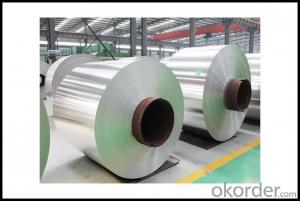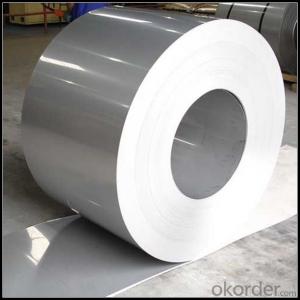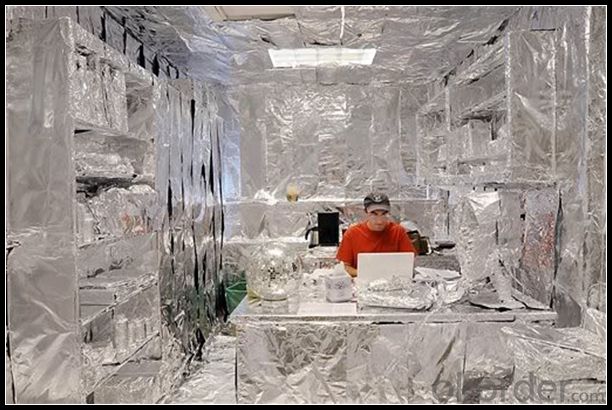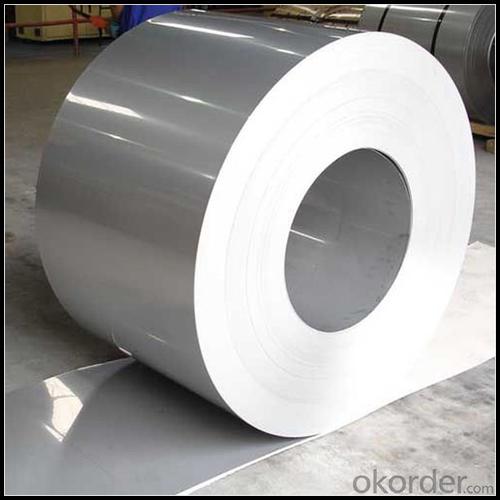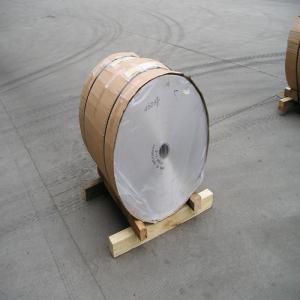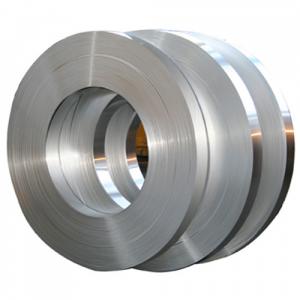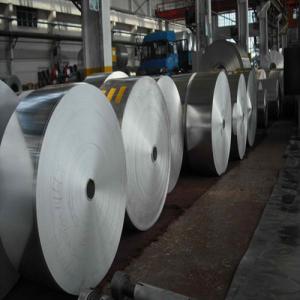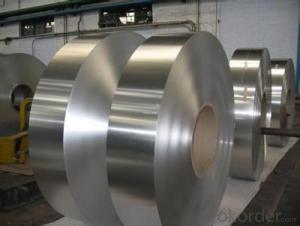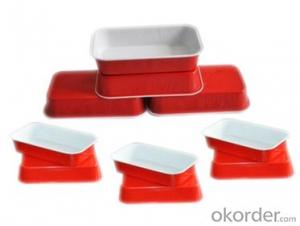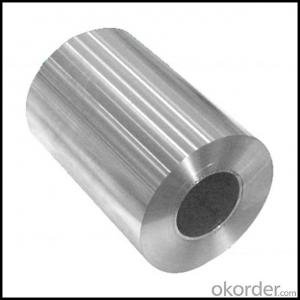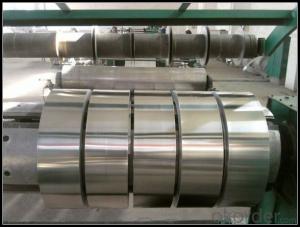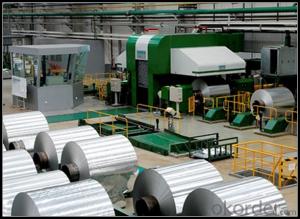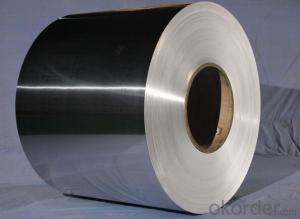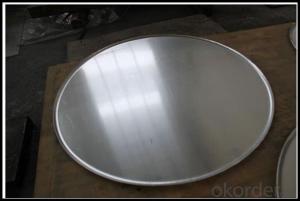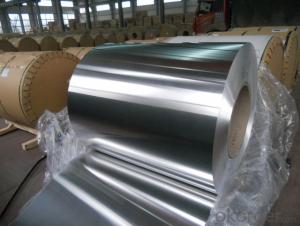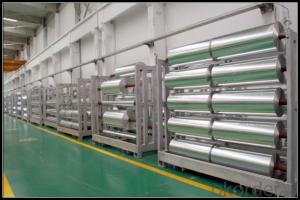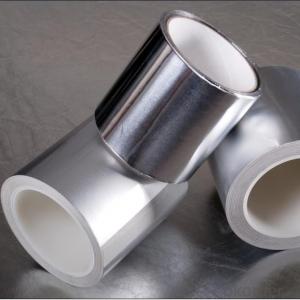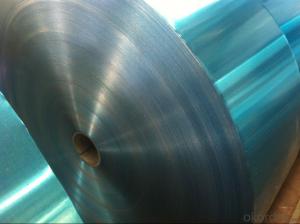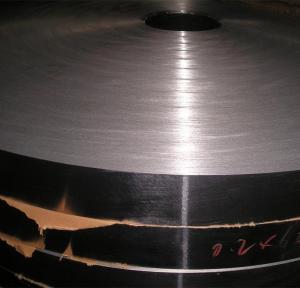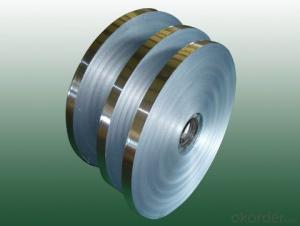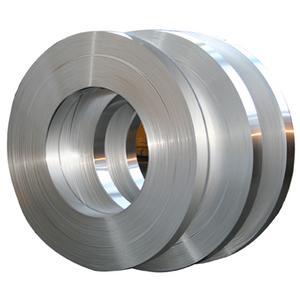Adhesive Aluminum Strips - 1060 1070 3003 H112 H14 H24 H26 Aluminum Sheet
- Loading Port:
- Tianjin
- Payment Terms:
- TT OR LC
- Min Order Qty:
- 1 m.t.
- Supply Capability:
- 4999 m.t./month
OKorder Service Pledge
OKorder Financial Service
You Might Also Like
Specification
1. Specification of Aluminum
1) Alloy | 1050, 1060,1100, 3003 3004 3105 3005 5005 5052 etc |
2) Temper | O/H12/H14/H1/H18/H32/H34/H36/H38//H111/H112/H116/H321/T6/T651/T3/T351 etc |
3) Thickness | 0.1mm to 6mm |
4) Width | 20mm to 3300mm |
5) Coil weight | 100kgs to 6 tons depends on actual requirement |
6) Core material | Aluminum alloy |
7) Coil Inner diameter | 76mm, 152mm,or as required |
2. Application of Aluminum
(1).Interior: wall cladding, ceilings, bathrooms, kitchens and balconies, shutters, doors...
(2).Exterior: wall cladding, facades, roofing, canopies, tunnels,column covers , renovations...
(3).Advertisement: display platforms, signboards, fascia, shop fronts...
3. Feature of Aluminum
The vast majority of compounds, including all Al-containing minerals and all commercially significant aluminium compounds, feature aluminium in the oxidation state 3+. The coordination number of such compounds varies, but generally Al3+ is six-coordinate or tetracoordinate. Almost all compounds of aluminium(III) are colorless.
Be free from Oil Stain, Dent, Inclusion, Scratches, Stain, Oxide Dicoloration, Breaks, Corrosion, Roll Marks, Dirt Streaks and other defect which will interfere with use
4. Certificate:
SGS and ROHS(if client request, paid by client), MTC(plant provided), Certificate of Origin(FORM A, FORM E, CO), Bureau Veritas and SGS (if client request, paid by client), CIQS certificate
5. Image of Aluminum
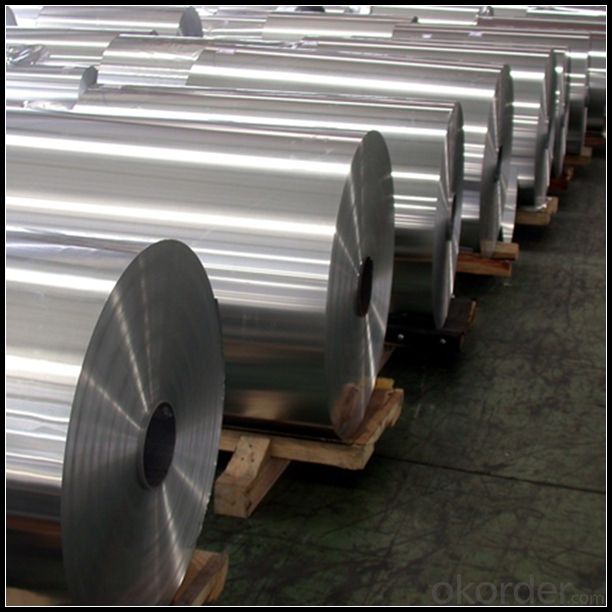
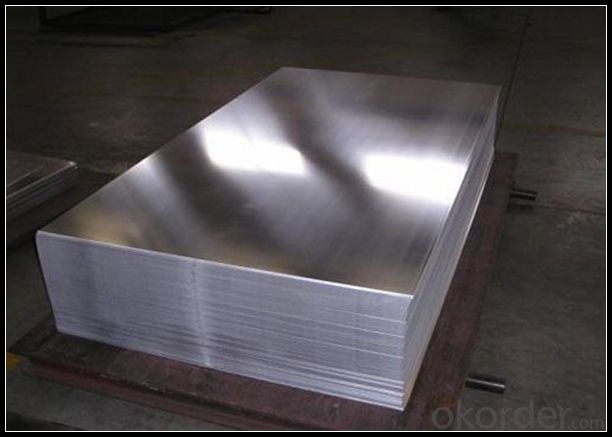
6. Our Service
1. Reply your enquiry in 24 working hours. |
2. OEM, buyer design, buyer label services provided. |
3. Exclusive and unique solution can be provide to our customer by our well traned and professional engineers and staffs. |
4. We can provide free sample for your check |
5. We have the certification of ISO 9001 |
6. Timely delivery |
7. Special discount and protection of sales area provided to our distributor. |
8. Good after-sale service. |
7. FAQ
Q: What is the produce prase? | ||||
A: Normally it would be 40days after received your deposit. | ||||
Q: Can you provide free samples? | ||||
A: Yes, free samples will be sent to you on freight at destination. | ||||
Q: Can I get your latest catalogue? | ||||
A: Yes, it will be sent to you in no time. | ||||
Q: What is the MOQ? | ||||
A: 3 tons | ||||
Q: What are your payment terms? | ||||
A: We accept L/C, D/A, D/P, T/T, West Union,etc. |
- Q: Which is the best aluminum alloy belt?
- Of course, choose Jiangsu Yang Dong Aluminum Co., Ltd., specializing in the production of aluminum and aluminum alloy, high precision machining, spot warehousing, product sales, technical consulting in one of the large-scale comprehensive import and export of aluminum materials spot sales.
- Q: What specific tools or equipment are necessary to install aluminum strips?
- <p>To install aluminum strips, you generally need a few basic tools. A measuring tape is essential for accurate placement. A utility knife or a metal cutting tool is necessary for cutting the strips to the correct length. A level is crucial to ensure the strips are straight. A rubber mallet or a hammer can be used to secure the strips in place. Adhesive, such as construction adhesive or double-sided tape, is often required to attach the strips. Safety equipment like gloves and safety goggles should be worn to protect against sharp edges and debris.</p>
- Q: Is it possible to use aluminum strips as a material for flooring?
- <p>Aluminum strips can indeed be used for flooring, particularly in industrial or commercial settings where durability and resistance to wear are important. They are known for their strength, low maintenance, and resistance to corrosion. Aluminum strips are often used in modular flooring systems, providing a sleek and modern appearance. However, they may not be as common or suitable for residential applications due to concerns about thermal conductivity, noise, and the potential for a cold, hard feel underfoot.</p>
- Q: Is there any risk associated with the use of aluminum strips for roofing and siding purposes?
- <p>While aluminum strips are generally safe for roofing and siding, there are a few concerns to consider. Aluminum can expand and contract with temperature changes, which may lead to buckling or warping over time. Additionally, it is a good conductor of heat and electricity, so it may not provide the best insulation or protection against lightning strikes. Aluminum is also prone to denting and can be noisy in heavy rain or hail. However, it is lightweight, durable, and resistant to corrosion, making it a popular choice for many homeowners. Proper installation and maintenance are crucial to minimize these risks.</p>
- Q: Is it possible to utilize aluminum strips instead of conventional siding materials in areas with high temperatures?
- <p>Yes, aluminum strips can be used to replace traditional siding materials in hot climates. Aluminum is a lightweight, durable, and corrosion-resistant material that can withstand high temperatures. It reflects heat, reducing the amount of heat absorbed by the building, making it a suitable choice for hot climates. Additionally, aluminum siding is low maintenance and can be easily painted or finished to match the desired aesthetic. However, it's important to consider factors such as insulation properties and potential for condensation, as aluminum may not insulate as well as some other materials.</p>
- Q: Is it possible to substitute aluminum strips with other metal sheets in construction projects?
- <p>Yes, you can use different types of metal sheets in place of aluminum strips in your construction projects, depending on the specific requirements. Metals like steel, stainless steel, and copper can be used as alternatives. Each metal has unique properties such as strength, weight, corrosion resistance, and thermal conductivity, which can affect the project's performance and longevity. It's crucial to consider the environmental conditions, load-bearing requirements, and cost implications when choosing an alternative to aluminum. Always consult with a structural engineer or a material expert to ensure the chosen metal meets the project's needs.</p>
- Q: What types of aluminum strips are best suited for solar panel applications?
- <p>Yes, there are specific types of aluminum strips that are particularly suitable for use in solar panels. These include high-purity aluminum strips with low iron content, which are known for their excellent electrical conductivity and corrosion resistance. They are often used as busbars in solar cells to collect and transmit the generated electrical current. Additionally, aluminum strips with a high-strength alloy composition are used for structural support and frame components in solar panels due to their lightweight and durability. These aluminum strips are engineered to withstand harsh environmental conditions and maintain their integrity over the long lifespan of the solar panel.</p>
- Q: What are the various color options for aluminum strips?
- <p>Aluminum strips are available in a variety of colors to suit different applications and aesthetic preferences. Common colors include natural silver, which is the standard mill finish, black, white, and clear anodized for a protective and decorative finish. Other colors like gold, bronze, and various shades of blue, green, and red are also offered by some manufacturers. Custom colors can be achieved through anodizing or powder coating processes, allowing for a wide range of color options to meet specific design requirements.</p>
- Q: Are aluminum strips suitable for use as an insulating material on walls?
- <p>Aluminum strips are not typically used for wall insulation. Insulation materials are designed to provide thermal resistance and prevent heat transfer, whereas aluminum is a good conductor of heat, which would not effectively insulate a wall. Instead, materials like fiberglass, mineral wool, or polystyrene are commonly used for wall insulation as they have low thermal conductivity and can effectively reduce heat transfer.</p>
- Q: What safety regulations impact the use of aluminum strips in construction?
- <p>Yes, there are safety regulations that affect the use of aluminum strips in construction projects. These regulations vary by country and region but generally include requirements for material strength, durability, and resistance to corrosion. For instance, aluminum strips must meet specific standards for load-bearing capacity and fire resistance. Compliance with electrical safety standards is also crucial if the strips are used in electrical installations. Additionally, construction codes often dictate the proper use of aluminum strips in structural components, cladding, or as reinforcement. It's essential to consult local building codes and industry standards like the International Building Code (IBC), American Society for Testing and Materials (ASTM) standards, or European Norm (EN) standards to ensure compliance with safety regulations.</p>
Send your message to us
Adhesive Aluminum Strips - 1060 1070 3003 H112 H14 H24 H26 Aluminum Sheet
- Loading Port:
- Tianjin
- Payment Terms:
- TT OR LC
- Min Order Qty:
- 1 m.t.
- Supply Capability:
- 4999 m.t./month
OKorder Service Pledge
OKorder Financial Service
Similar products
Hot products
Hot Searches
Related keywords

